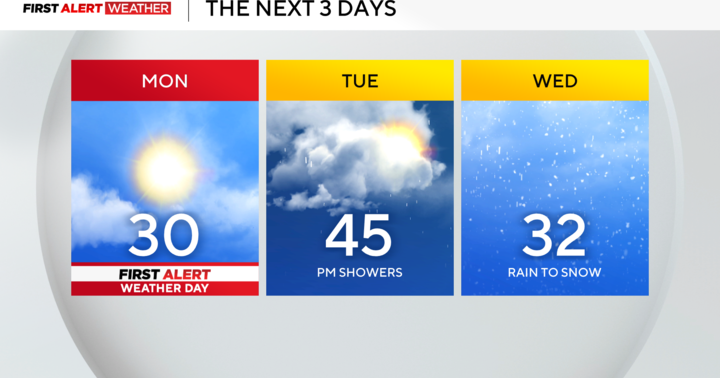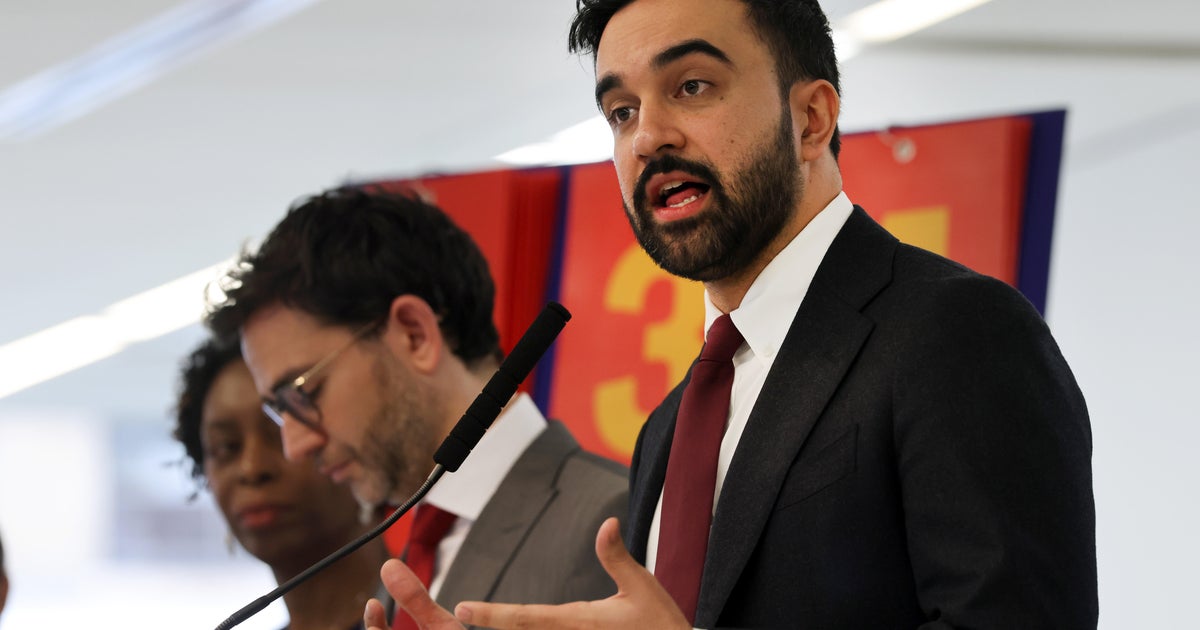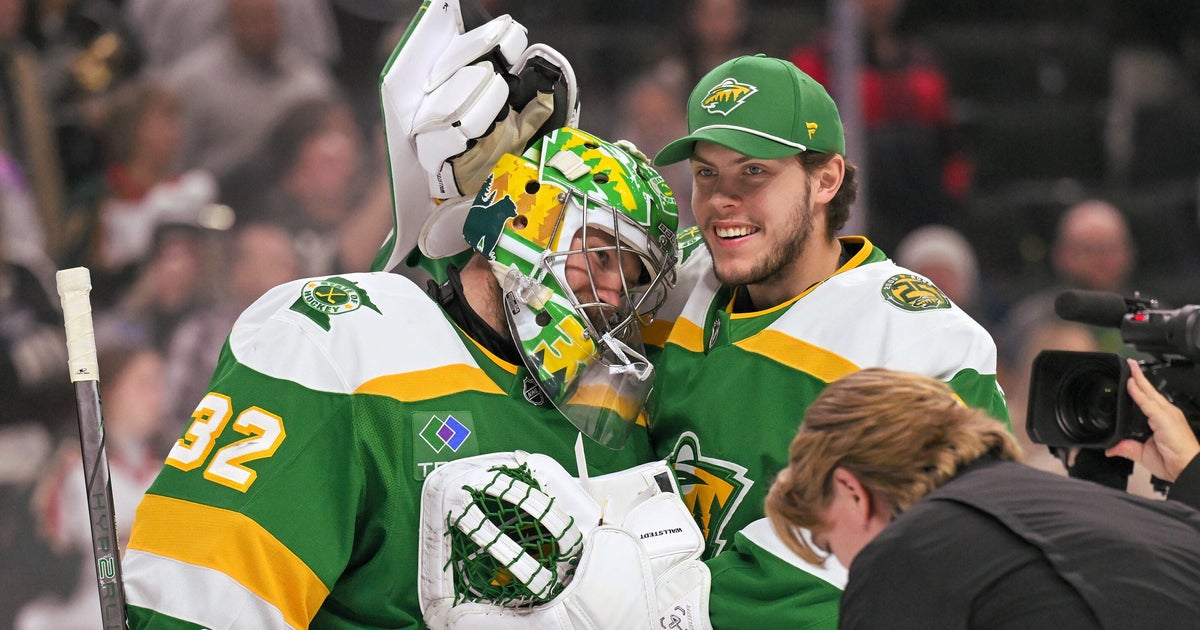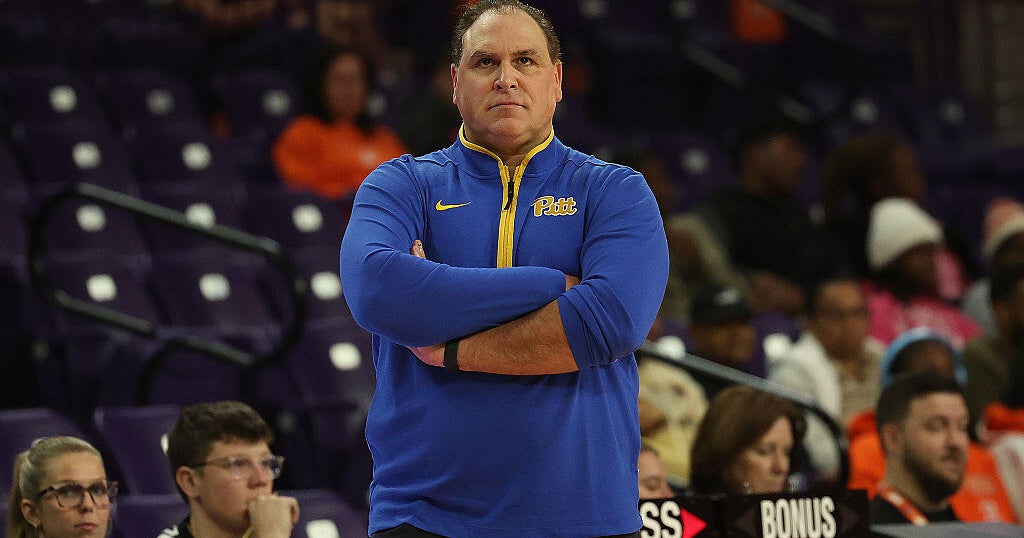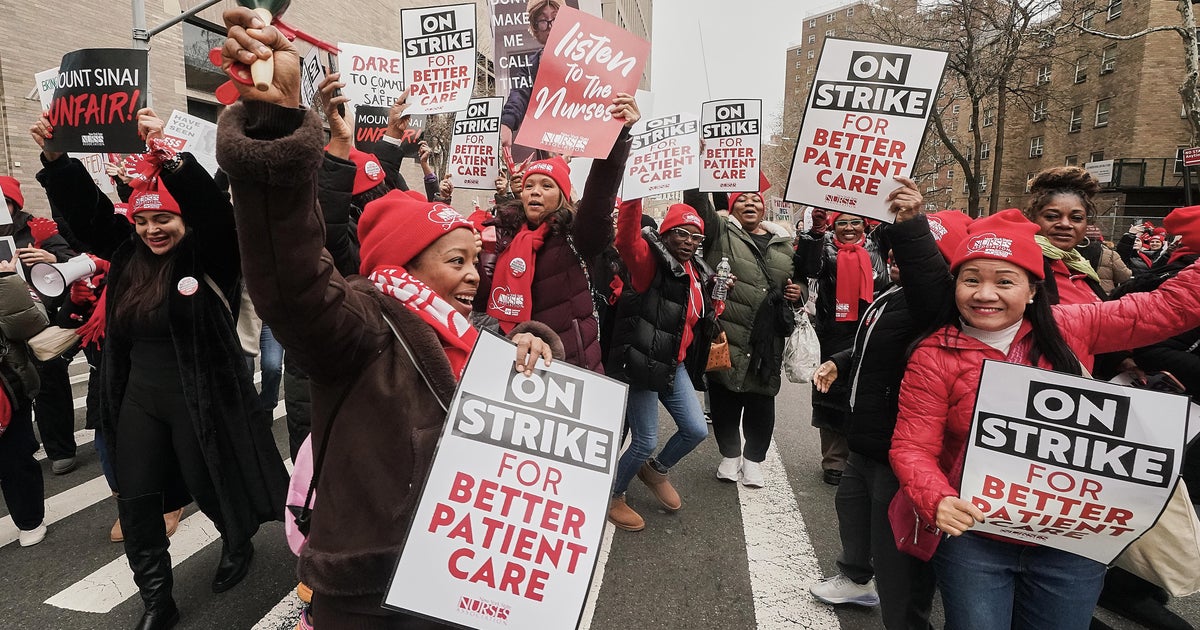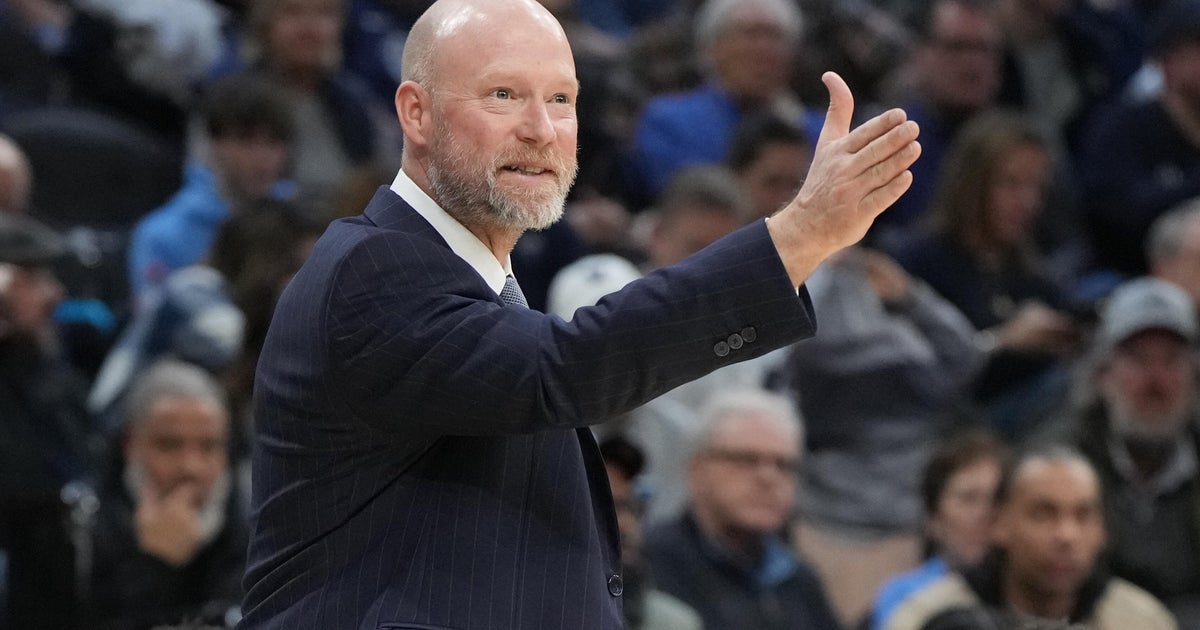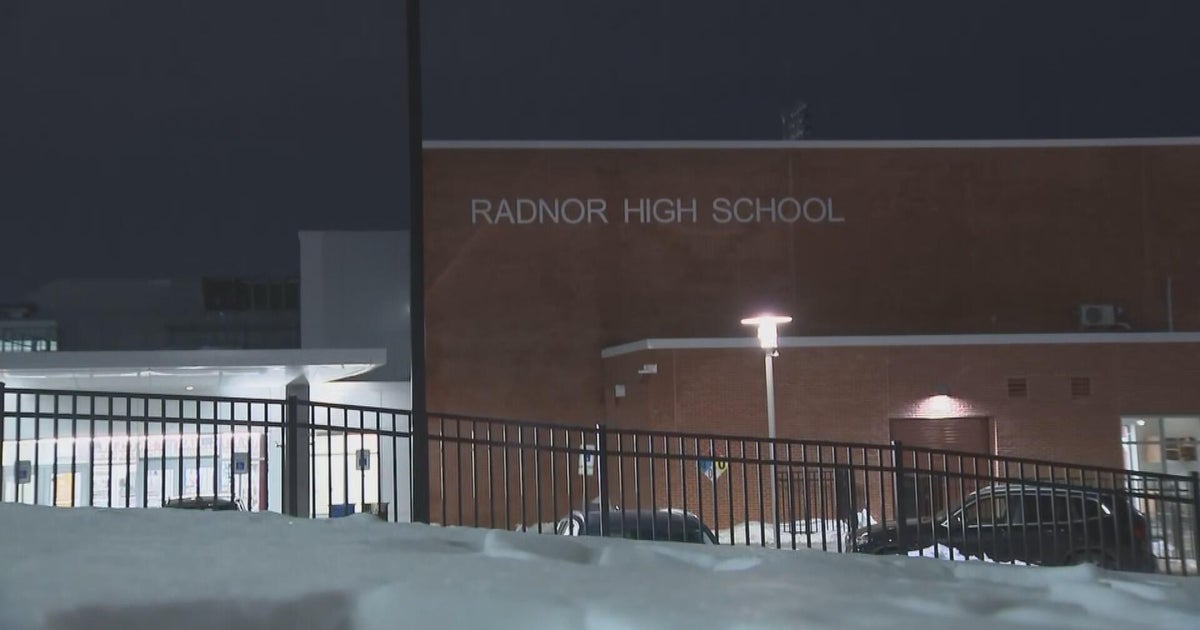NHL And Union Make Progress, Will Meet Again Soon
NEW YORK (AP) — A secret, long-awaited bargaining session has done some good in the NHL labor fight — so much so that the sides already have plans to get back to the bargaining table soon.
NHL deputy commissioner Bill Daly and players' association special counsel Steve Fehr met for long stretches Saturday in an undisclosed location, marking the first time the sides had gotten together for talks in more than two weeks.
"We had a series of meetings over the course of the day and had a good, frank discussion on the most important issues separating us," Daly told The Associated Press in an email Sunday morning. "We plan to meet again early in the week."
Daly and Fehr hadn't met since Oct. 18 when both sides rejected offers, but a series of phone conversations this week did enough to produce a new round of talks. It is unclear how long they were together on Saturday, but the discussions lasted well into the night.
"I agree with what Bill said. Hopefully we can continue the dialogue, expand the group, and make steady progress," Fehr said Sunday in a statement.
There is a sense of urgency now because nearly two months of the season and the prized Winter Classic have already been called off. The hope of a full season being played is already gone, and if a deal isn't reached soon, the NHL could be looking at its second lost campaign since 2004.
The lockout reached its 50th day Sunday, but a glimmer of optimism emerged. There have already been 327 games canceled — including the outdoor Winter Classic that was wiped out Friday.
A big point of contention between the NHL and the players' association has been the "make whole" provision, which will ensure that all existing player contracts will be paid out regardless of any changes made to the split of hockey-related revenues or contract language.
The NHL appears ready to cover more of the costs of those deals as opposed to making them part of the players' share of revenue in future years. In its most recent offer last month, the NHL said it would honor the current contracts in deferred payments, but those would be included in the players' share of revenues.
The union balked at that offer.
The labor dispute, which began Sept. 16, forced all games from Oct. 11 through Nov. 30 to be called off. It isn't known if any of those games will be rescheduled if the sides come to an agreement soon, but an NHL deadline has already passed that would have allowed for each team to play all 82 games. The season needed to start by Friday for that to happen, but the only hockey activity that day was the cancellation of the outdoor game at Michigan Stadium between the host Detroit Red Wings and Toronto Maple Leafs.
Losing the major attraction on the regular-season schedule was the biggest blow yet for the league and its players. The sides couldn't even manage to get together since the previous bargaining session in which the players' union countered a league offer with three proposals that were quickly rejected by the NHL.
Daly indicated that cancelling the Winter Classic doesn't necessarily mean more games in the regular season — or the All-Star game — will be wiped out soon.
"I don't foresee any further cancellation announcements in the near term," Daly wrote in an email to The Associated Press on Friday.
In its most recent proposal, the NHL offered the union a 50-50 split of hockey-related revenue, which exceeded $3 billion last season, but that offer was rejected. The players responded with three offers that went nowhere.
The NHL offer was pulled back because it was contingent on the league playing a complete season.
"Last week we had a proposal to save a full season on the table. That has since been withdrawn," Daly told the AP. "That creates a different environment for talks."
Players earned 57 percent of revenue in the recently expired contract, in which a salary cap was included for the first time. Owners sought to bring that number below 50 percent this time before their most recent offer. The union tried to get talks restarted last week without preconditions, but was turned away after refusing to agree to bargain off the framework of the league's offer or issue another proposal with the league's offer serving as a starting point.
This is the third lockout in NHL Commissioner Gary Bettman's tenure. The first forced a shortened 1994-95 season, and the second led to the cancellation of the entire 2004-05 season — the only time a major North American professional sports league lost a full season to a labor dispute.
